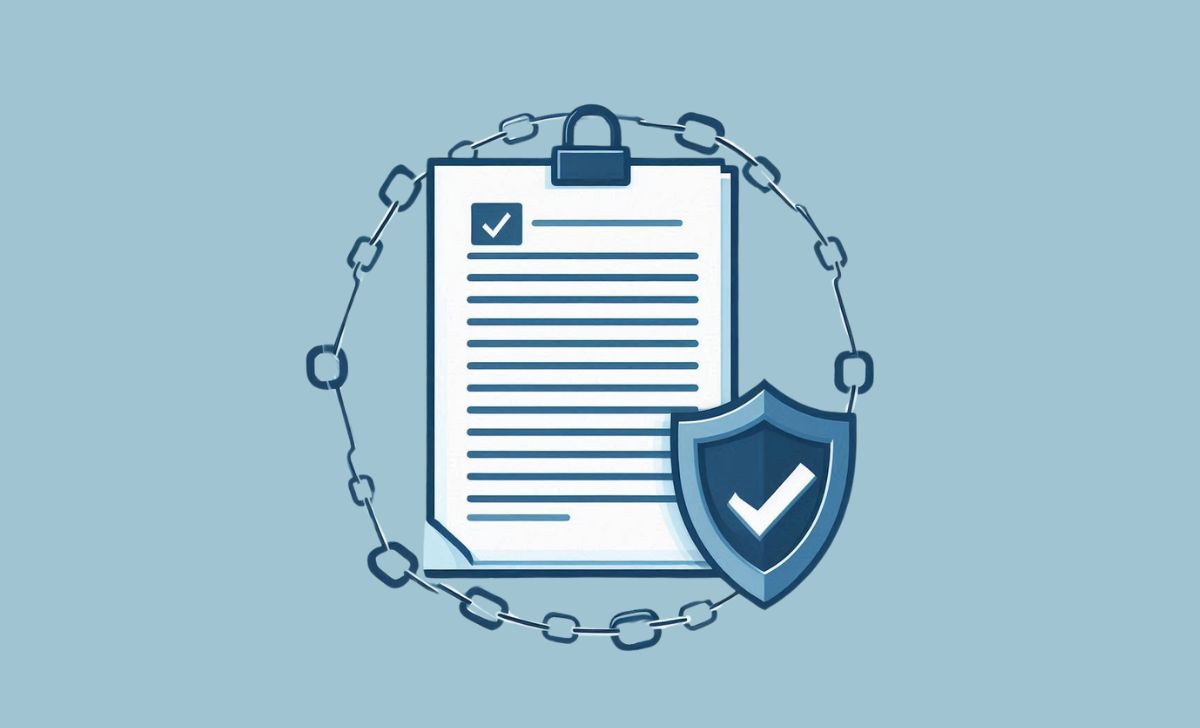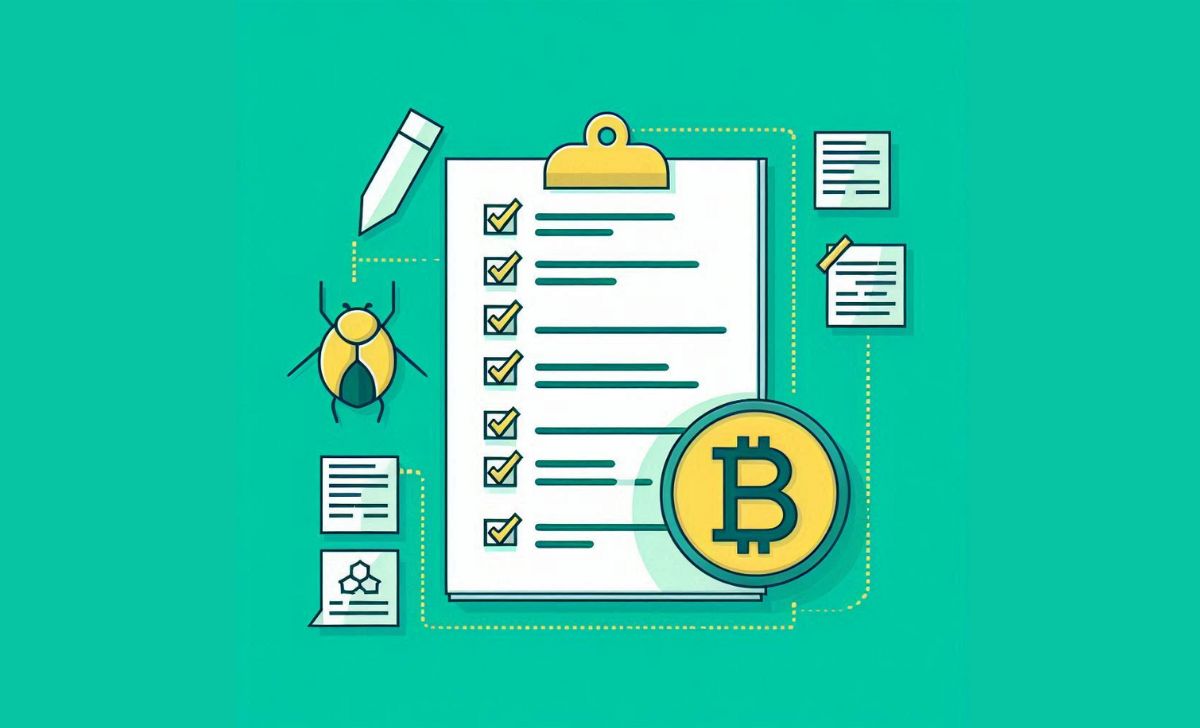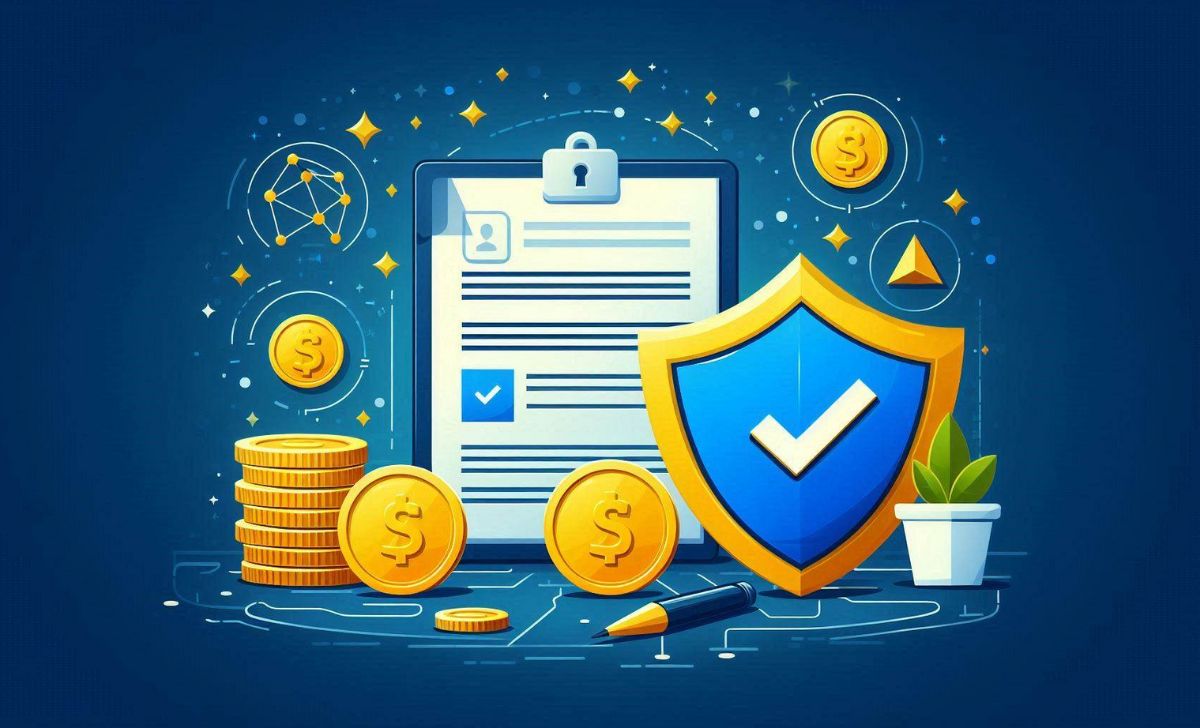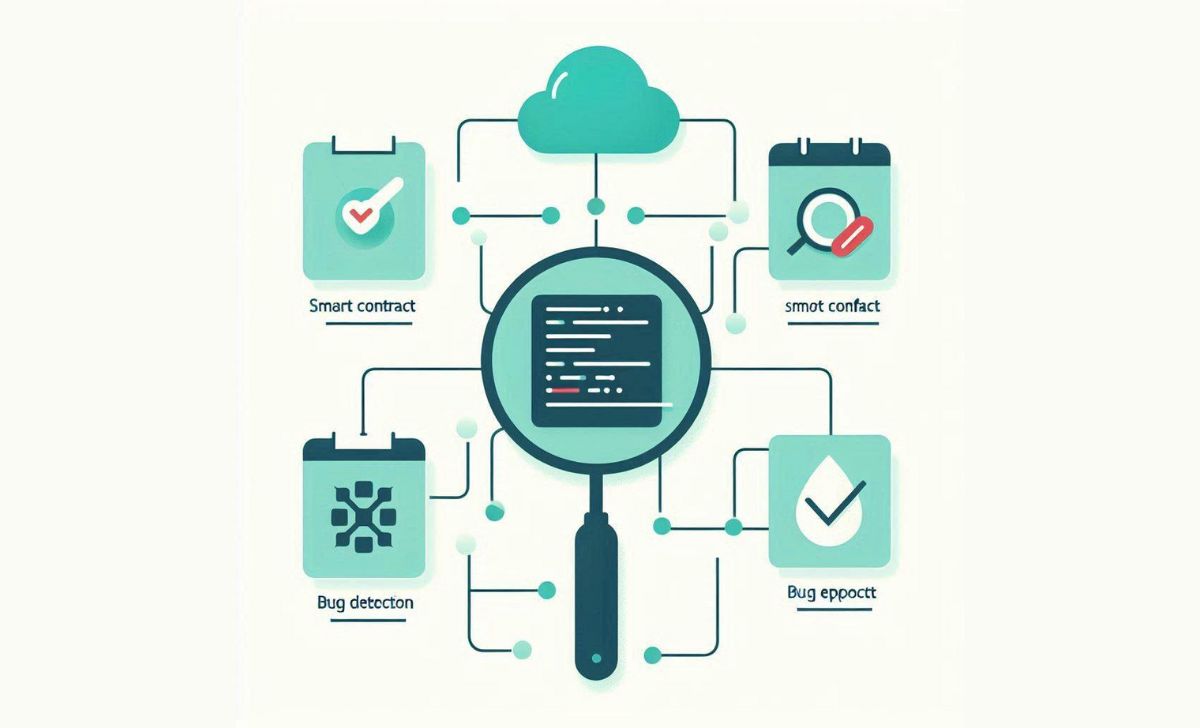Smart Contract Audit is the process of reviewing and analyzing the source code of smart contracts to detect security vulnerabilities, logical errors, and optimize performance before deployment on the blockchain. This practice ensures safety, increases project reliability, protects user assets, and builds trust with the community as well as investors.
This article will provide an overview of Smart Contract Audits, highlight key features, practical benefits, and outline the comprehensive auditing process from documentation review, automated testing, and manual assessment to reporting and remediation recommendations. If you want to understand how smart contract audits help mitigate risks, optimize operations, and enhance security for blockchain projects, be sure to follow the in-depth analysis from TOPCOIN9 below.
What Is a Smart Contract Audit?

A smart contract audit is a comprehensive review of a smart contract’s code and logic to identify vulnerabilities, ensure security, and verify compliance with technical and legal standards before deployment on a blockchain (Wikipedia, 2006; SRD Rechtsanwälte, 2024). This process typically combines both manual and automated testing to detect bugs, security flaws, and logic errors that could lead to loss of assets or system failures (Duke University, 2023).
Smart contract audits are essential because smart contracts, once deployed, execute automatically and cannot be altered, making any error potentially irreversible and costly (Wikipedia, 2006). The audit process helps projects build trust, protect user funds, and comply with evolving regulations, supporting the safe adoption of decentralized finance (DeFi) and blockchain applications (SRD Rechtsanwälte, 2024; Duke University, 2023).
With the rise of tools like ethereum scan, auditors and developers can now easily track contract deployments, monitor transactions, and verify code changes directly on the blockchain, increasing transparency and trust for users and investors.
Now that you understand what a smart contract audit is, let’s take a closer look at its key features.
Key Features of Smart Contract Audit

Key features of a smart contract audit include comprehensive code analysis, vulnerability detection, formal verification, dynamic testing, and transparent reporting (Wikipedia, 2006; University of North Texas, 2023; Rapid Innovation, 2024).
- Comprehensive Code Analysis: Auditors review the contract’s codebase using both automated tools and manual inspection to identify security flaws, logic errors, and inefficiencies (Wikipedia, 2006; GetAstra, 2024).
- Vulnerability Detection: The audit process checks for common vulnerabilities such as reentrancy, access control issues, uninitialized variables, and logic bugs that could lead to asset loss or system compromise (GetAstra, 2024).
- Formal Verification: Mathematical proofs are used to ensure the contract behaves as intended under all conditions, reducing the risk of critical errors (Rapid Innovation, 2024).
- Dynamic Analysis and Fuzz Testing: Auditors simulate real-world scenarios and use random input generation to uncover hidden bugs or edge cases that static analysis might miss (Rapid Innovation, 2024).
- Auditability and Transparency: Audit logs and detailed reports provide tamper-proof records of all findings, with recommendations for remediation and severity ratings, supporting trust and legal compliance (University of North Texas, 2023).
- Continuous Integration: Integration with CI/CD pipelines allows for ongoing automated code review and security checks with every update (Rapid Innovation, 2024).
These features make smart contract audits essential for ensuring security, transparency, and reliability in blockchain applications (Wikipedia, 2006; University of North Texas, 2023).
Having explored the main features, it’s important to consider the benefits that a smart contract audit can bring to your blockchain project.
Benefits of Smart Contract Audit

Smart contract audits provide critical benefits including increased security, enhanced trust, regulatory compliance, improved code quality, and long-term sustainability (Rapid Innovation, 2024; University of North Texas, 2023).
- Increased security: Audits identify vulnerabilities before deployment, reducing the risk of hacks, exploits, and costly breaches (Rapid Innovation, 2024).
- Enhanced trust: Audited contracts assure users and investors that the code is rigorously tested, fostering confidence and transparency (Rapid Innovation, 2024).
- Regulatory compliance: Audits help smart contracts adhere to legal and industry standards, which is essential for sectors like finance and healthcare (Rapid Innovation, 2024; University of North Texas, 2023).
- Improved code quality: The audit process encourages better coding practices and efficiency, providing developers with valuable feedback for future projects (Rapid Innovation, 2024).
- Competitive advantage: Projects with audited contracts stand out in the market and attract more users and investors (Rapid Innovation, 2024).
- Auditability and transparency: Audit logs and tamper-proof records support legal compliance and provide detailed, timestamped proof of all contract events (University of North Texas, 2023).
By implementing regular smart contract audits, projects can boost their reputation, protect user assets, and ensure sustainable growth in the blockchain ecosystem (Rapid Innovation, 2024; University of North Texas, 2023).
After reviewing the advantages, let’s examine how the smart contract audit process actually works in practice.
How Smart Contract Audit Works

A smart contract audit involves a systematic process of code analysis, vulnerability detection, and security validation before deployment on a blockchain (Wikipedia, 2006; Rapid Innovation, 2024).
- Code Review and Scope Definition: Auditors begin by collecting documentation, freezing the codebase, and defining the audit scope to ensure a focused review (Rapid Innovation, 2024).
- Static Code Analysis: Automated tools scan the contract’s code for known vulnerabilities, such as reentrancy, integer overflows, and access control flaws, without executing the code (Rapid Innovation, 2024).
- Formal Verification: Mathematical proofs are applied to guarantee the contract’s logic behaves as intended under all conditions, reducing the risk of critical errors (Rapid Innovation, 2024).
- Dynamic Analysis and Fuzz Testing: Auditors execute the contract in controlled environments and use random inputs to uncover runtime bugs and edge cases that static analysis might miss (Rapid Innovation, 2024).
- Manual Review: Security experts manually inspect the code to identify complex logic flaws and vulnerabilities not caught by automated tools (Rapid Innovation, 2024).
- Reporting and Remediation: A detailed audit report is generated, outlining discovered issues, severity ratings, and recommendations for fixes. The team then addresses vulnerabilities and may undergo a re-audit (Rapid Innovation, 2024).
- Transparency and Continuous Integration: Audit logs and detailed reports are published for transparency, and integration with CI/CD pipelines ensures ongoing security checks with every code update (Wikipedia, 2006; Rapid Innovation, 2024).
This rigorous, multi-step process ensures that smart contracts are secure, reliable, and ready for deployment on blockchain platforms (Wikipedia, 2006; Rapid Innovation, 2024).
Finally, to ensure the most effective results, let’s discuss best practices and recommendations for conducting smart contract audits.
Best Practices and Recommendations
Smart contract audits are most effective when combining manual code review with automated analysis, adhering to established security standards, and fostering strong collaboration between auditors and developers (CoinBureau, 2025; Binance, 2023; Wikipedia, 2006).
- Prioritize code simplicity: Simple, modular code reduces the risk of hidden vulnerabilities and makes audits more efficient (CoinBureau, 2025).
- Use both manual and automated approaches: Manual reviews catch nuanced logic errors, while automated tools efficiently detect common vulnerabilities like reentrancy and overflow (Binance, 2023; ).
- Follow industry standards: Adhering to frameworks such as OpenZeppelin’s guidelines and established DeFi auditing protocols improves code quality and audit reliability (Wikipedia, 2006; ).
- Test extensively: Employ unit, integration, and fuzz testing to simulate real-world and edge-case scenarios, ensuring robust contract performance (CoinBureau, 2025).
- Collaborate closely: Open communication between auditors and developers enhances understanding of contract logic and accelerates remediation of identified issues (CoinBureau, 2025; ).
- Document and remediate: Provide clear, actionable audit reports with severity ratings and recommended fixes, and ensure all critical vulnerabilities are addressed before deployment (Binance, 2023).
- Continuous security monitoring: Regularly re-audit contracts after updates or integrations, and use CI/CD pipelines for ongoing automated security checks (Binance, 2023).
By following these best practices, projects can significantly reduce security risks, improve user trust, and support the long-term sustainability of blockchain applications (CoinBureau, 2025; Binance, 2023).
In conclusion, smart contract audits are essential for ensuring security, transparency, and long-term success in any blockchain project. By following best practices and leveraging both automated and manual review processes, you can minimize vulnerabilities, optimize performance, and build lasting trust with your community and investors. For the latest insights, expert guides, and comprehensive support in blockchain security, join TOPCOIN9 on your journey to a safer and more innovative crypto future.

As a certified blockchain security expert with over 8 years in cybersecurity, James Anderson specializes in auditing smart contracts and identifying vulnerabilities in DeFi protocols. His expertise ensures that TopCoin9 delivers reliable insights on blockchain security and risk management.
Email: [email protected]












